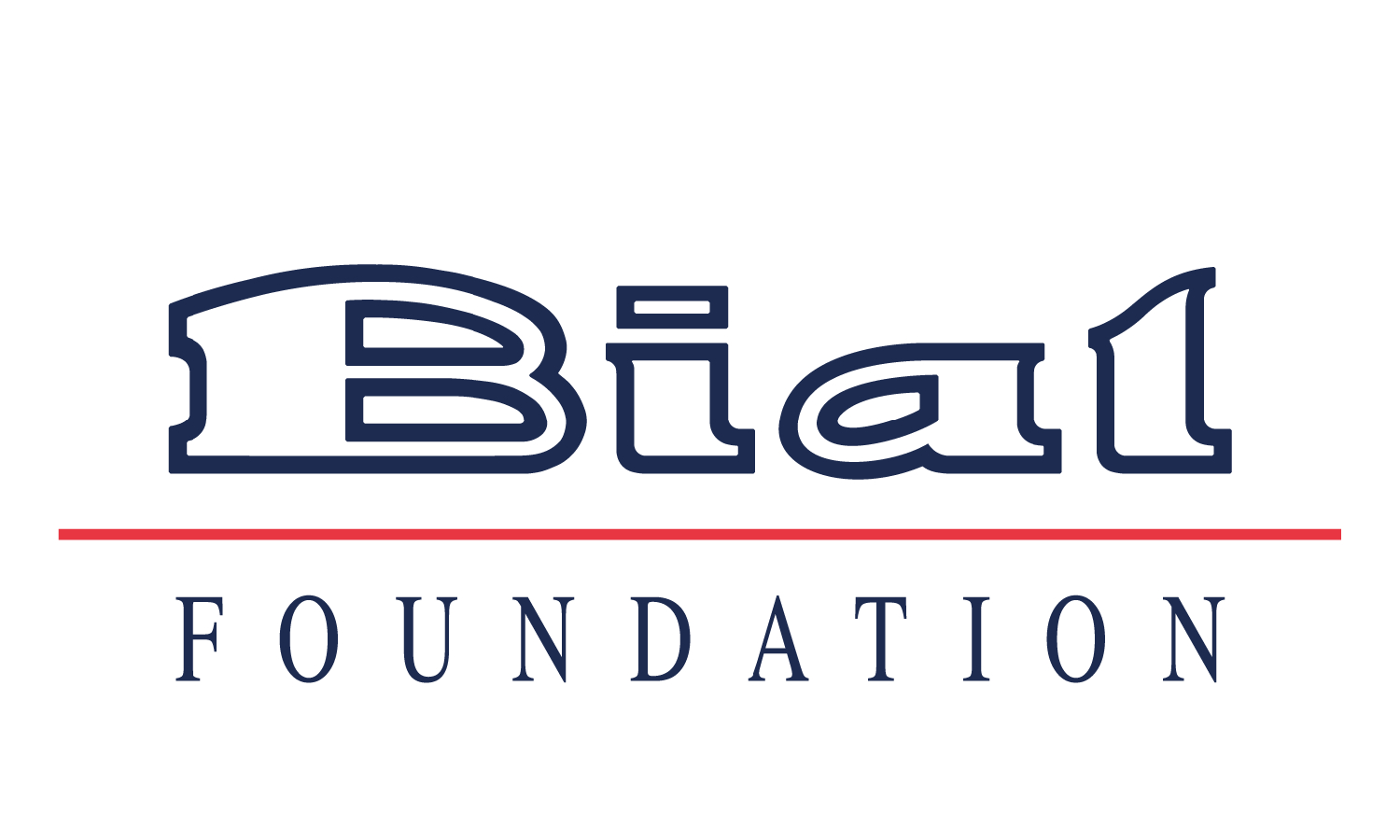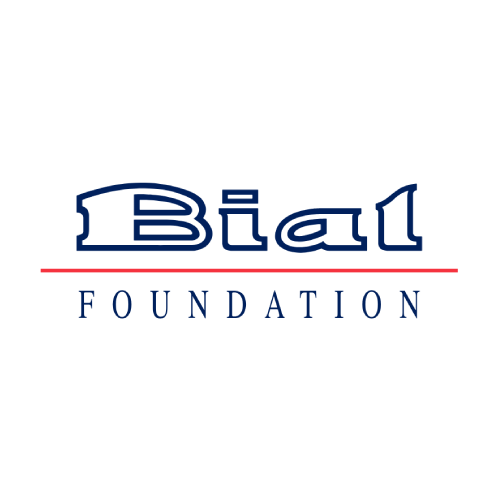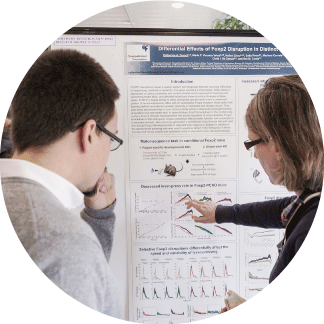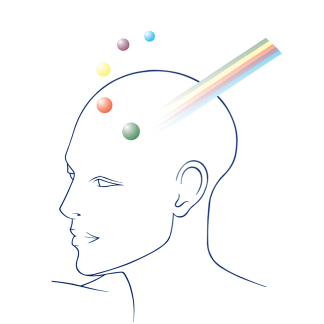News
Top Stories

Could we have psi abilities if our brains didn't inhibit them?
Research tests a novel neurobiological model and concludes that the frontal lobes of the brain act as a filter to inhibit humans' innate psi abilities.

The impact of after-death communication in bereavement
A study with 70 participants who experienced after-death communication with deceased partners reveals that the majority found it comforting and helpful in their bereavement.

Can experienced meditators voluntarily turn off their consciousness?
A study reveals that experienced meditators are able to voluntarily modulate their state of consciousness during meditation.
News
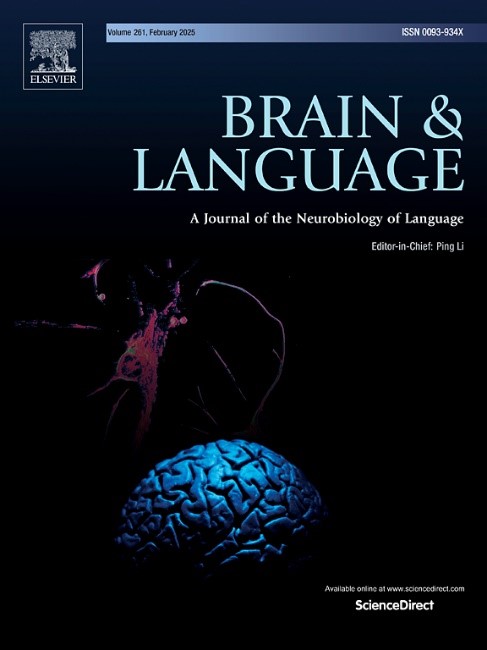
What happens in the brain when we say "No"?
Negation plays an important role in language, changing the meaning of sentences and the focus of our attention. Recent studies suggest that understanding non-action sentences, such as "She did not write the letter", involves brain areas responsible for movement control. In this context, Alessio Avenanti and collaborators investigated how reading affirmative and negative action and attention sentences affects inhibitory and facilitatory mechanisms in the primary motor cortex (M1), which controls movements. Using a technique called transcranial magnetic stimulation (TMS), they discovered that negated action sentences (like "did not write") decrease activity in the brain's motor areas, blocking action. However, non-action sentences, such as "She was not attentive", do not have this effect. Negated action sentences also reduce the activity of inhibitory circuits in the brain, regulated by the neurotransmitter GABAA, but do not affect circuits that facilitate brain activity. These findings help us better understand how the brain processes language and how this is connected to the movements we perform. This study was supported by the BIAL Foundation, in the scope of the research project 304/22 - Boosting and hindering action imitation by modulating spike-timing dependent plasticity, and published in the journal Brain and Language, in the article Exploring the impact of sentential negation on inhibitory motor networks: Insights from paired-pulse TMS.

Did you know that the human brain can study itself?
It seems like a paradox, but it's true! The brain, responsible for our consciousness and perception, has the unique ability to study itself. But how can an organ analyze itself? How can the brain serve as both the subject and the tool of its study? A recent review, led by Simone Battaglia, delved into these questions, combining philosophical and neuroscientific perspectives. In trying to understand itself, the brain faces a unique dilemma: how can a complex system analyze its functions without an external reference point? This dilemma is compared to the philosophical concept of "self-reference", where a system must define and understand itself from within. Another key issue is the dichotomy between scientific objectivity and the subjectivity of conscious experience. The study suggests that a complete understanding of the brain and mind requires an approach that integrates both aspects. Effectively, scientists combine advanced brain imaging techniques, such as MRI, which studies the brain at structural and functional levels, with introspection, the process of reflecting on thoughts and experiences. These complementary approaches allow for a deeper understanding of the mechanisms underlying consciousness and perception. Studying how the brain generates different states of consciousness can help identify signs of disorders such as depression or schizophrenia, and new ways to treat post-traumatic stress, for example. There is still much to discover, but these studies could pave the way for new insights into understanding and addressing the complexities of the human mind. This review was published in the scientific journal Physics of Life Reviews, in the article The paradox of the self-studying brain as part of the research project 235/22 - SPARKS: Driving associative plasticity in the cortically blind brain to promote recovery of visual awareness to promote recovery of visual awareness, supported by the BIAL Foundation.

How does the brain learn from rewards and punishments?
Our brains select the most important information and focus on it. To make decisions, they evaluate whether each stimulus is positive or negative. Positive stimuli encourage approach, while negative ones lead to avoidance, aiding in survival. The nucleus accumbens (NAc) plays a central role in this process, but the functioning of its neurons is not yet fully understood. The team led by Carina Soares-Cunha studied the D1 and D2 neurons in the NAc to understand how they distinguish stimuli and influence learning. Using advanced imaging in mice, they observed that associative learning (when a stimulus is associated with a reward or punishment), both types of neurons are activated and work together, but in different ways. However, when associations change, such as when a negative stimulus no longer has an unpleasant consequence, D2 neurons are essential for extinguishing that aversive association. Since difficulties in modifying negative associations are linked to anxiety and post-traumatic stress disorder, better understanding the function of D2 neurons may help develop new treatments. This study was published in the scientific journal Nature Communications, in the article Dynamic representation of appetitive and aversive stimuli in nucleus accumbens shell D1- and D2-medium spiny neurons, as part of research project 175/20 - The role of nucleus accumbens in the perception of natural rewards, supported by the BIAL Foundation.

